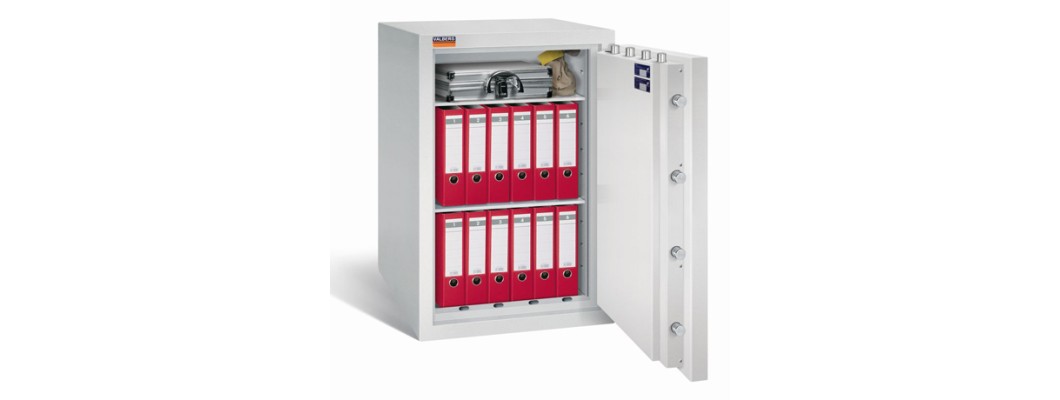
Are you thinking about investing in a safe to protect your valuables? One key factor to consider is the type of lock you will use. This article reviews the various lock options available for safes, discussing their advantages and disadvantages to help you make an informed choice.
The lock is a vital part of a safe, preventing unauthorized access and greatly affecting its overall effectiveness. The best lock for you will depend on security level, ease of use, cost, and the specific dimensions of your safe, as not all locks fit every model.
Types of Safe Locks
Safe locks are essential for security and come in several varieties: key locks, mechanical combination locks, electronic locks, and biometric locks. Each type has its own pros and cons, and your decision will hinge on personal preferences, needs, and budget.
Key Lock The key lock is the most basic and traditional option, operating mechanically with a key, usually supplied in a set.
Advantages:
- Easy to use: just turn the key.
- Typically the most affordable option.
- No power or batteries needed, making it environmentally friendly.
- Very reliable with minimal risk of malfunction.
Disadvantages:
- Risk of losing the key or it being stolen.
- Some may find keys cumbersome.
- Keys can be easily duplicated.
Mechanical Combination Lock Known for its dial mechanism, this type requires entering a specific combination to unlock the safe.
Advantages:
- Generally more secure than a key lock.
- No batteries required, which is eco-friendly.
- No physical key to lose or duplicate.
- Highly reliable with no mechanical failure risk.
Disadvantages:
- Requires precision in dialing the combination.
- Slower to open than other types.
- Mistakes may require starting over.
Electronic Lock These locks utilize a keypad for code entry and are popular for their user-friendly design and quick access.
Advantages:
- Simple to operate and program.
- Fast access to the safe.
- Codes can be changed as needed.
- Can connect to an external battery if the internal one fails.
Disadvantages:
- Requires remembering the PIN.
- Needs battery replacements, which may be less eco-friendly.
- Often more expensive due to installation costs.
Biometric Lock The most advanced option, biometric locks use unique biological traits, such as fingerprints, for access.
Advantages:
- High security through fingerprint scanning.
- No need for keys or codes.
- Quick and easy access.
- Can register multiple users.
- Comes with battery backup for outages.
Disadvantages:
- Usually the most expensive option.
- May not function well for individuals with certain physical conditions.
Choosing the Right Lock for Your Safe
When selecting a lock, consider factors like personal convenience, security needs, and budget. Think about the type of safe, its contents, and who will need access.
Key considerations include:
- Security Needs: High-security environments (like banks) may require biometric or smart locks.
- Ease of Use: For home or office use, electronic or combination locks might be ideal.
- Cost: Key locks are the most economical and often included with the safe.
- Maintenance: Electronic and smart locks require regular upkeep, including battery changes.
The Future of Safe Locks
As technology evolves, we can expect more innovations in security, leading to increasingly sophisticated lock options.
Summary
Safe locks are essential for protecting valuables. The right choice depends on user needs, security level, and budget. From traditional key locks to advanced biometric systems, there are many options available. As technology progresses, we can look forward to more integrated and advanced security solutions.
At Gulfsafes, we offer a wide range of options. Feel free to contact us—our team of professionals is ready to assist you!